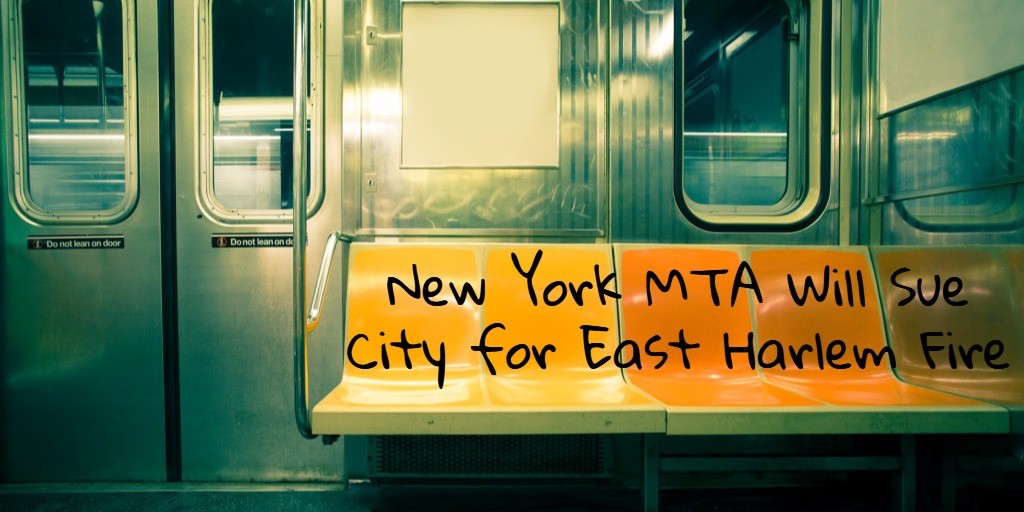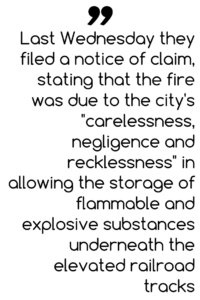Just a few days after recalling its I.M Healthy SoyNut butter, SoyNut Butter Co. gets sued by parents of an 8-year-old child hospitalized with E. coli after consuming the spread.
The Center for Disease Control and Prevention estimates that the boy is one of the 12 people infected with E. coli. So far, the outbreak has been reported in five states — Arizona, Oregon, New Jersey, California, and Maryland. Out of the 12 infected, eleven of them are children.
Erin Simmons and Mosby of California argue that their son was diagnosed with hemolytic uremic syndrome (HUS) after regularly eating the SoyNut butter, which is the company’s peanut butter substitute. The condition was so dire that the young boy had to undergo a blood transfusion and dialysis — hospitalized at Stanford Children’s Hospital for 21 days.
E. coli (Escherichia coli) is a bacterium that thrives in animals and human’s digestive tracts. A person can become infected with E. coli after getting into contact with stool, or feces, of animals or humans. It mostly happens when you eat food or drink water that is already contaminated by the E. coli bacterium. Out of the many types of E. coli, only a few of them are harmful and may cause the following:
- Bloody diarrhea
- Severe anemia
- Kidney Failure
- Urinary tract infections
- Sometimes death
Although the case is still ongoing and we cannot predict what the final judgment will be, there are a few things to understand about this case, which can shape and influence the verdict. These are:
- Most cases arising from a food poisoning fall under product liability, meaning that SoyNut Butter Co. may be held liable for selling defective products.
- SoyNut Butter Co. could also be held liable for negligence. The company did not provide a safe environment for the production or manufacture of the SoyNut butter.
- There is also another possibility that the company may be held liable for breach of implied warranty. This concerns about the notion that products sold to the ordinary consumers should meet their expectations.



 While no one was injured, the fire left between 30,000-40,000 commuters stranded in Grand Central on that Tuesday evening, as the MTA worked through the night to try and make enough repairs to allow for limited service for the morning commute on the following Wednesday. In the end, serious structural damage led to major delays and disruptions for a few days for the tens of thousands of people who use those lines during each weekday commute. Now, the MTA has warned that they will file a lawsuit against the city of New York.
While no one was injured, the fire left between 30,000-40,000 commuters stranded in Grand Central on that Tuesday evening, as the MTA worked through the night to try and make enough repairs to allow for limited service for the morning commute on the following Wednesday. In the end, serious structural damage led to major delays and disruptions for a few days for the tens of thousands of people who use those lines during each weekday commute. Now, the MTA has warned that they will file a lawsuit against the city of New York.